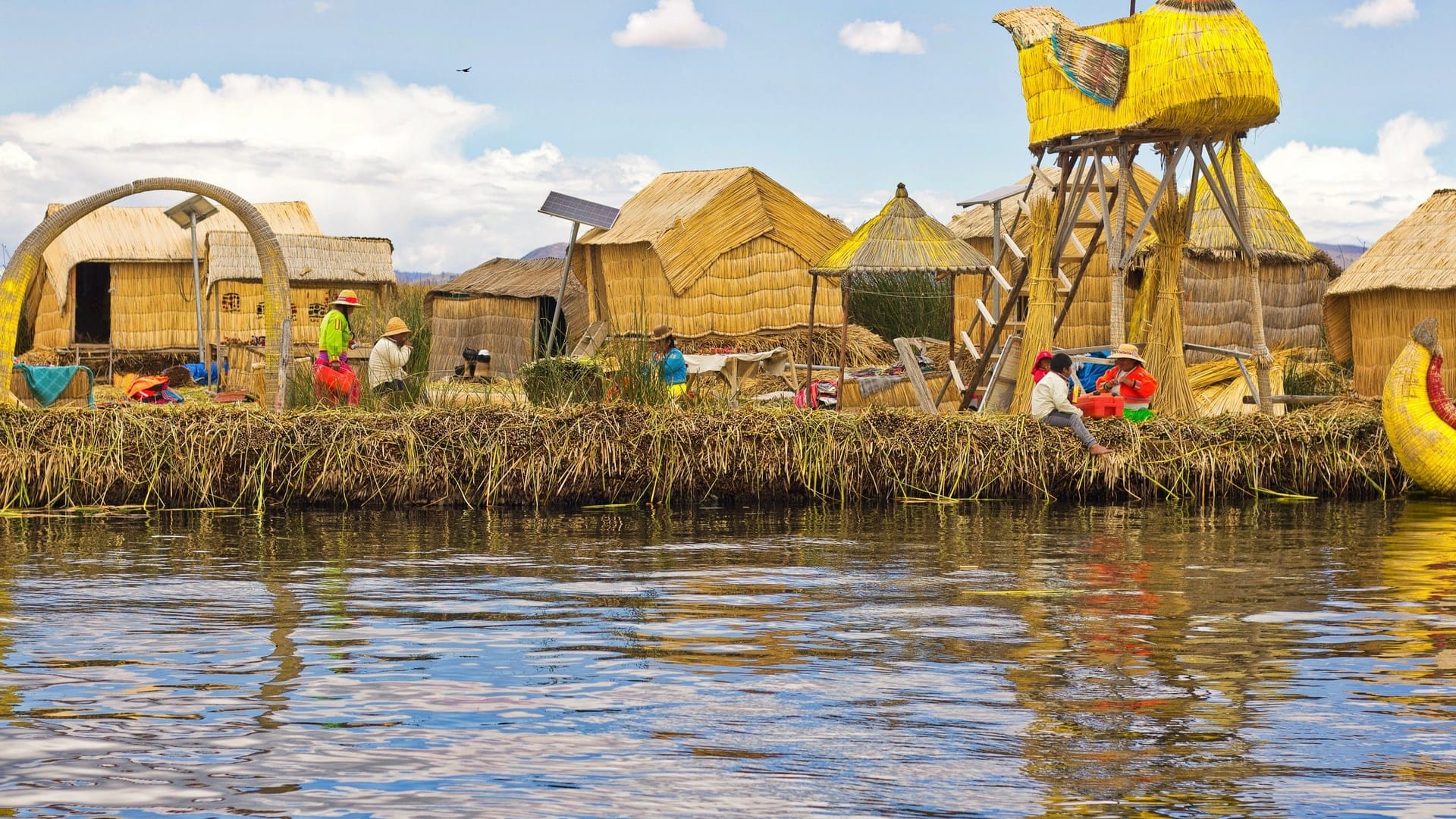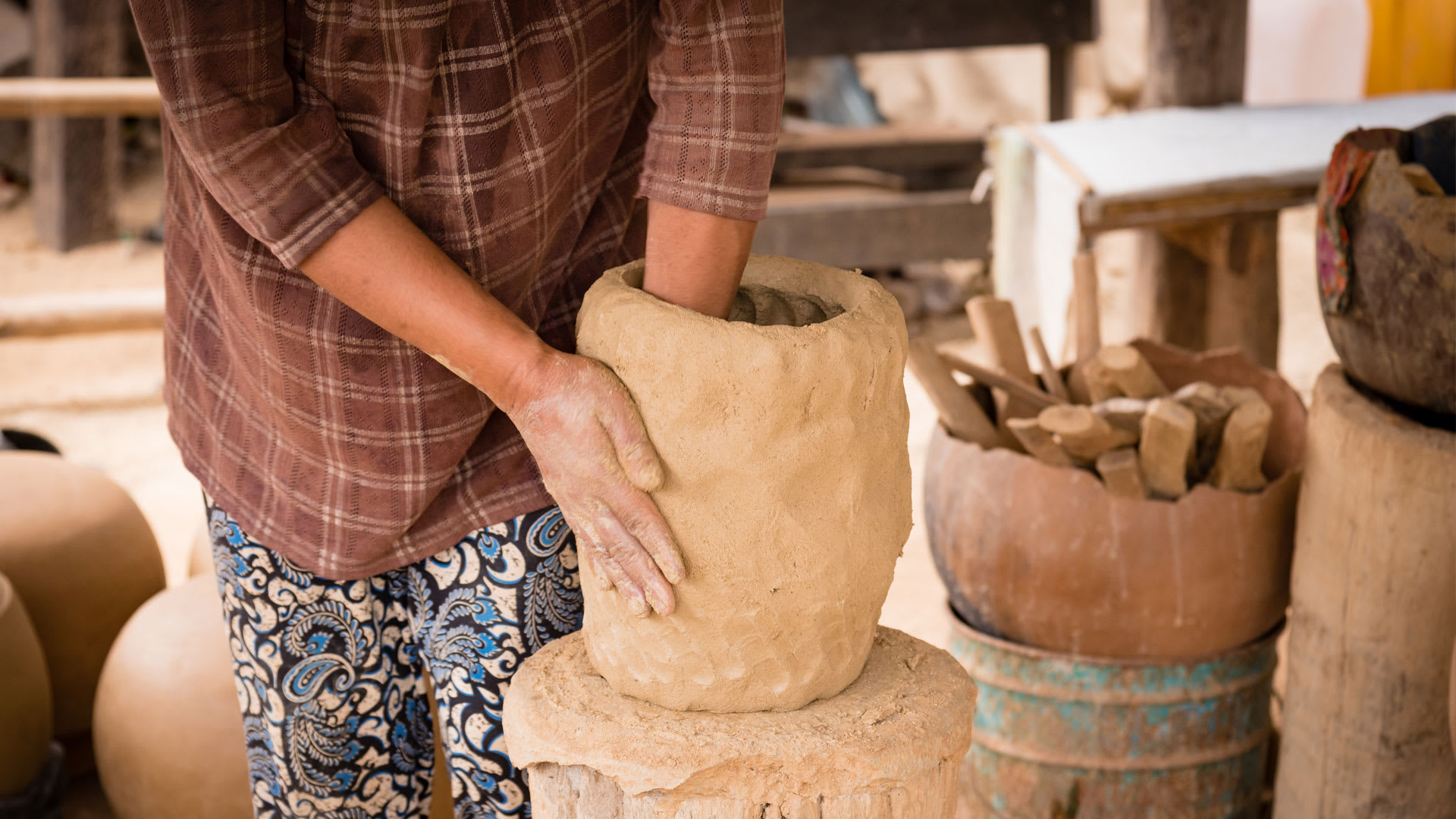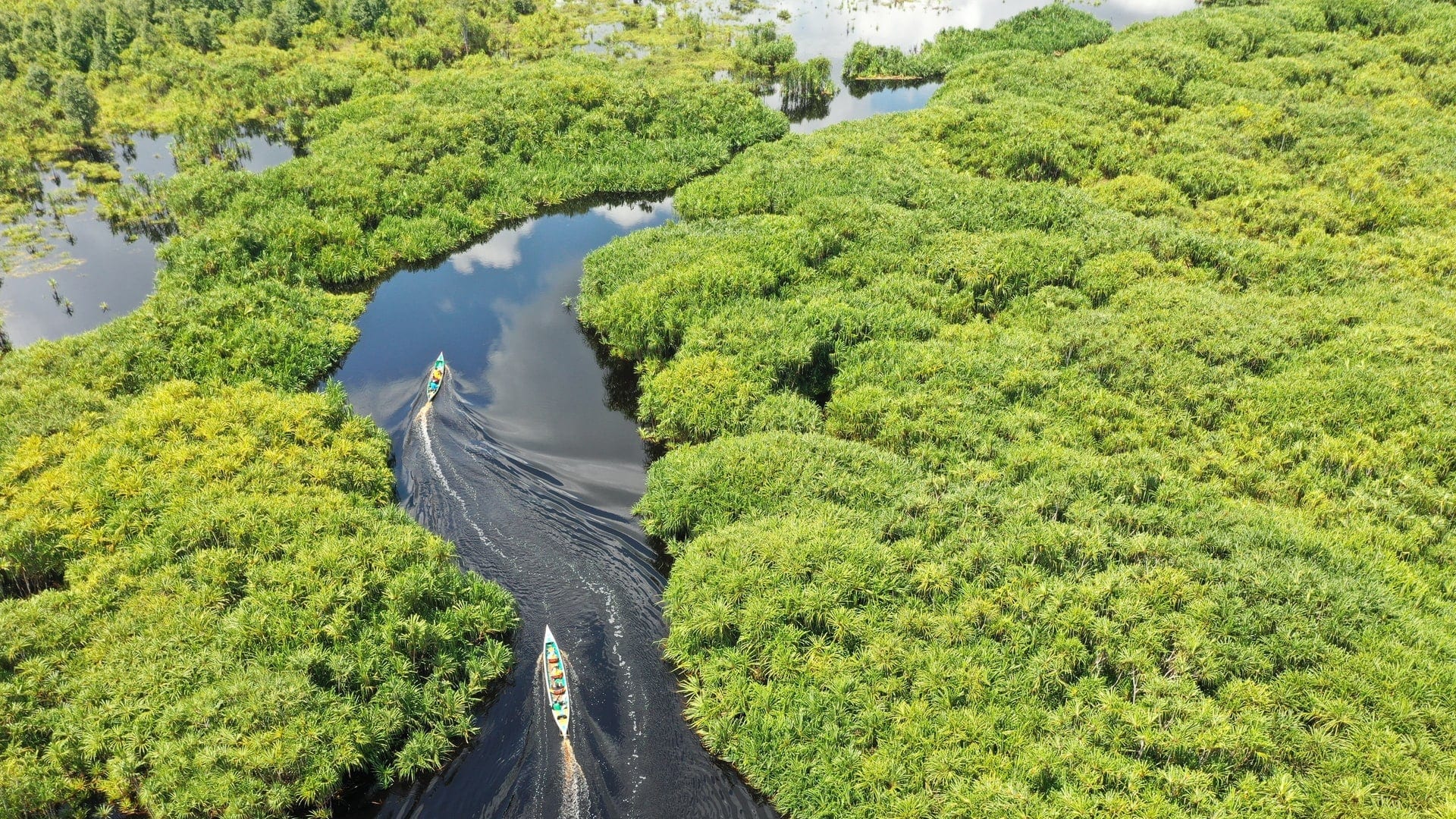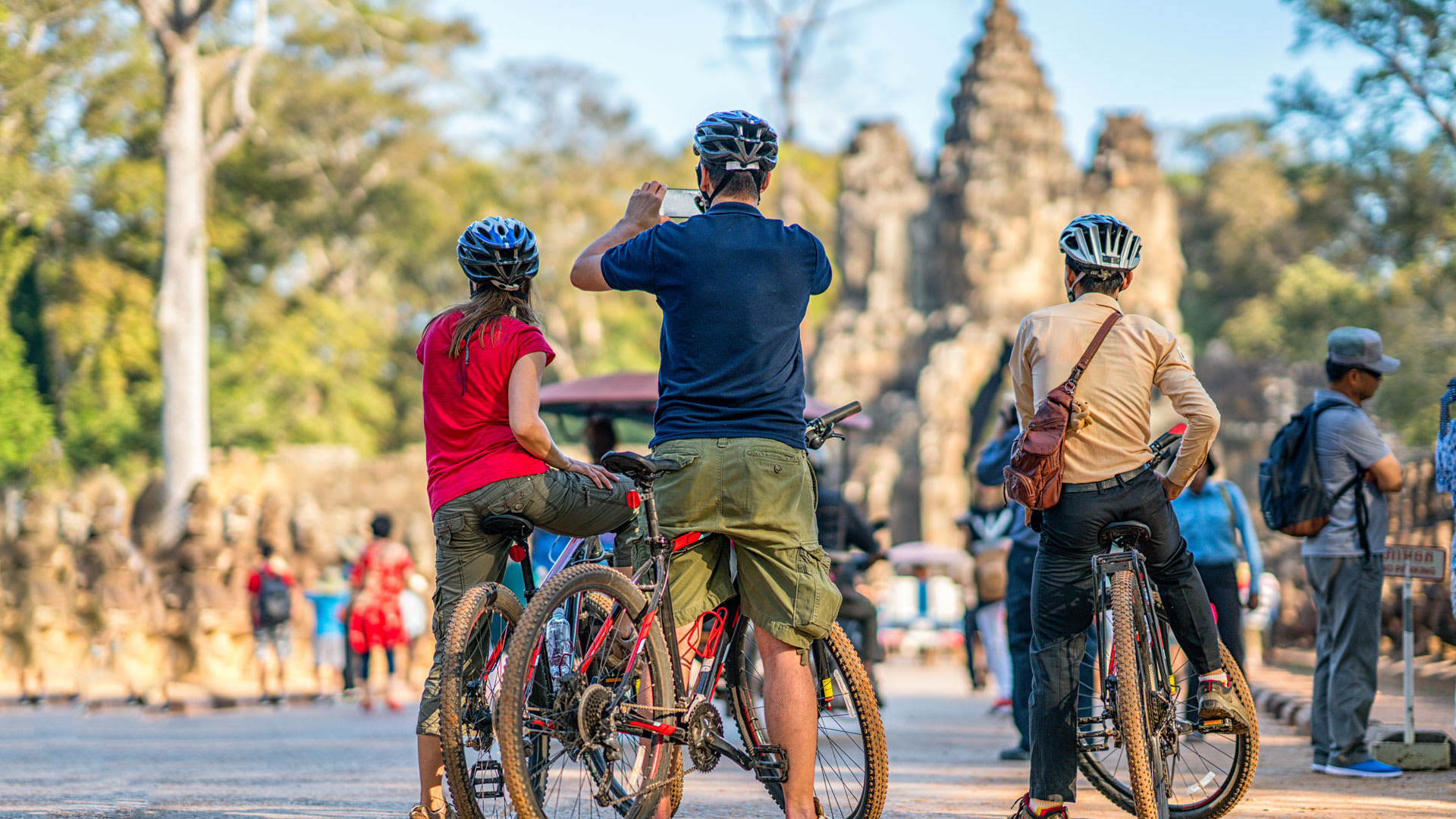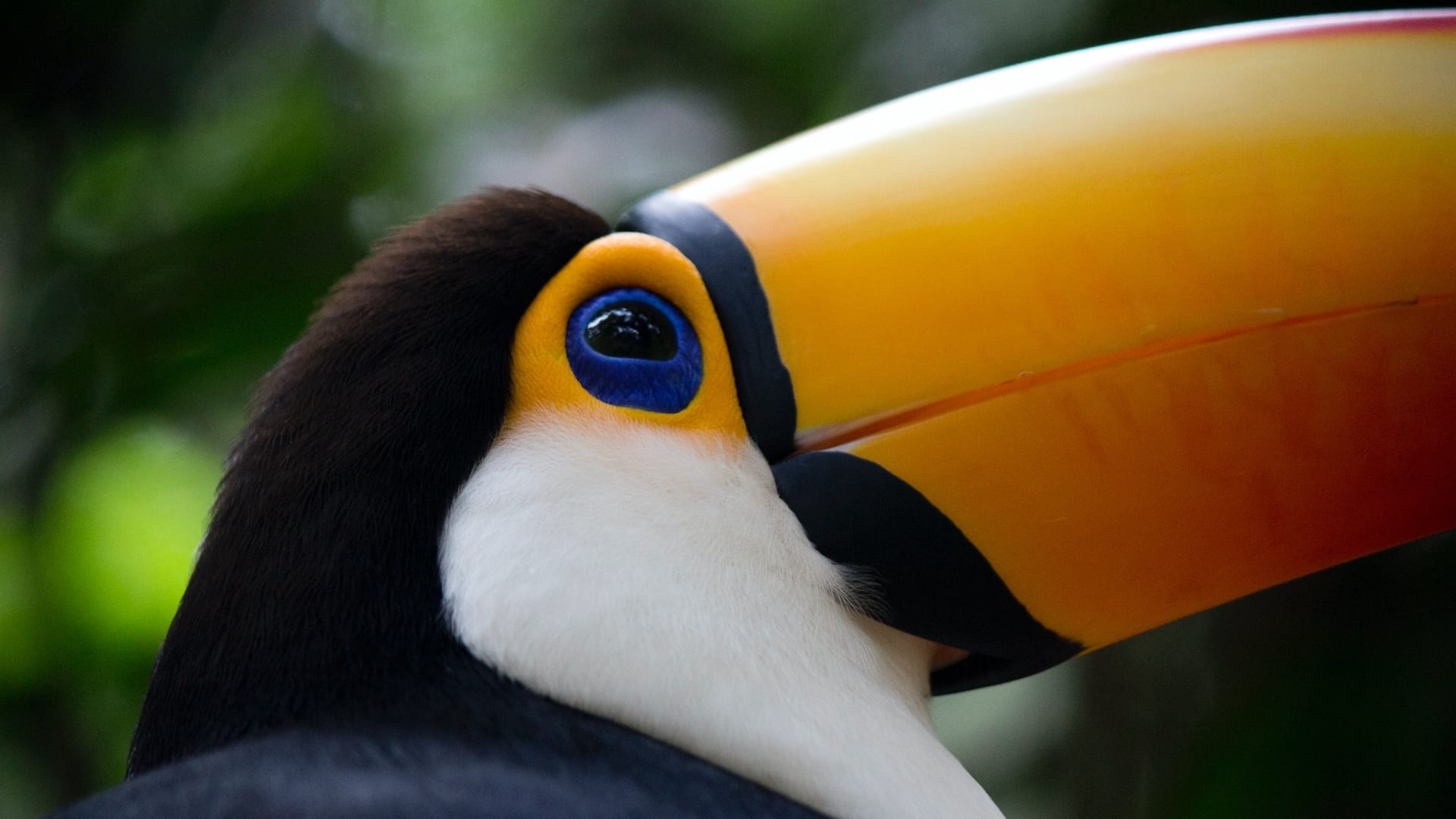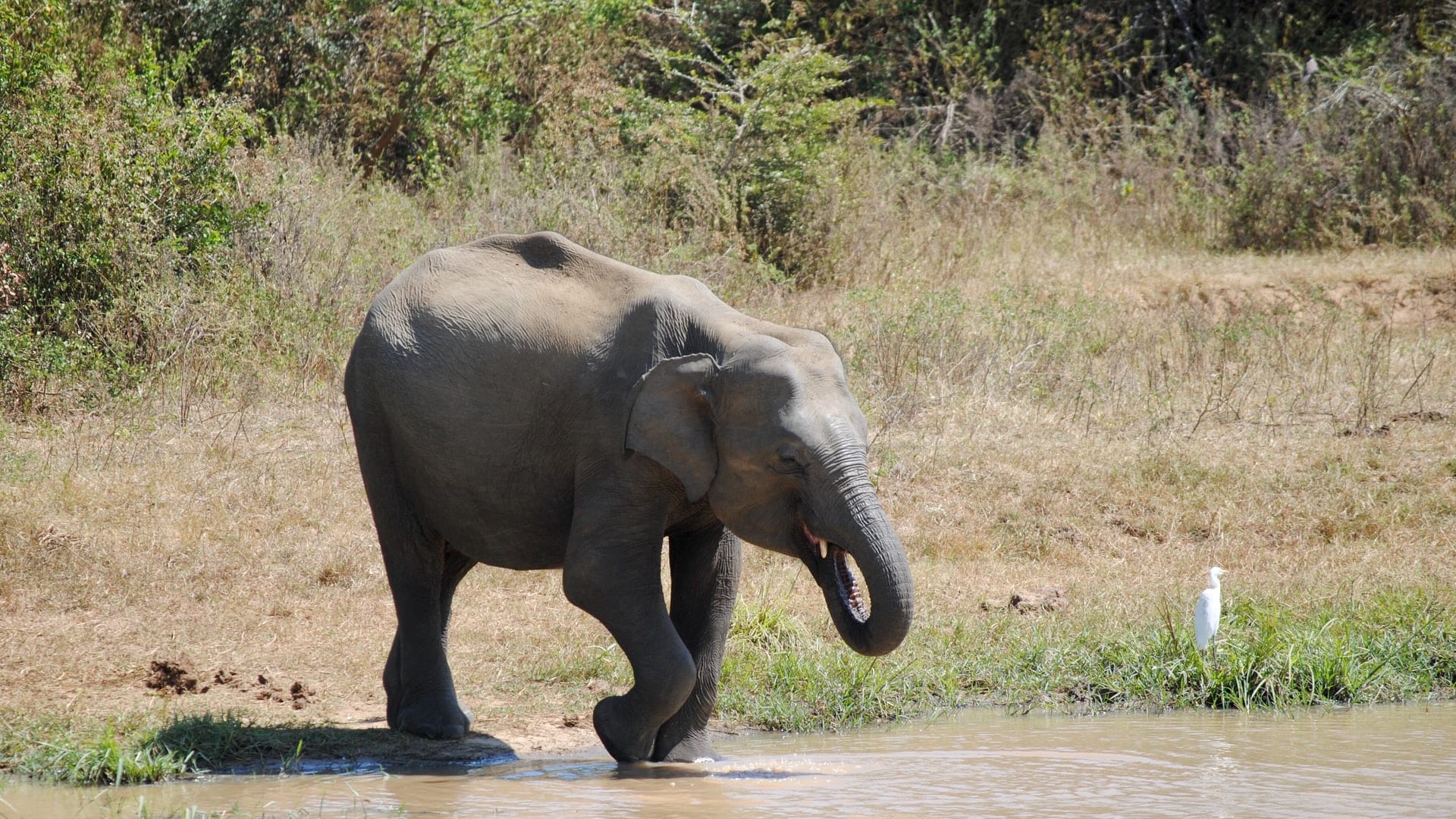Responsible Travel
Responsible travel is paramount to Rainforest Cruises. As a member of Sustainable Travel International, a non-profit organization dedicated to protecting and conserving our planet’s most vulnerable destinations, and as signatories to the Glasgow Declaration on Climate Action in Tourism, we are part of a global movement of conscientious travel enthusiasts passionate about making a difference and giving back to the destinations we visit, working to combat climate change and empower local communities to preserve their cultural integrity and safeguard natural habitats and wildlife.
With many years’ first-hand experience of ecotourism in South America and Southeast Asia, our cruises and tours have been designed to be not only culturally interesting and engaging natural experiences, but to be ecologically sensitive too, raising awareness of conservation issues in their locations and contributing to their preservation. By making informed travel decisions you too can lessen your personal footprint and contribute to conservation, not only by choosing Rainforest Cruises for your vacation, but with the help of some simple tips about traveling responsibly that can be found below.
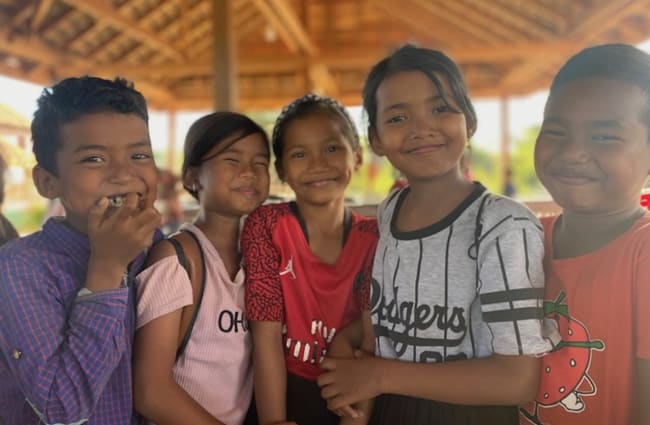
An Ecotourism Ethos
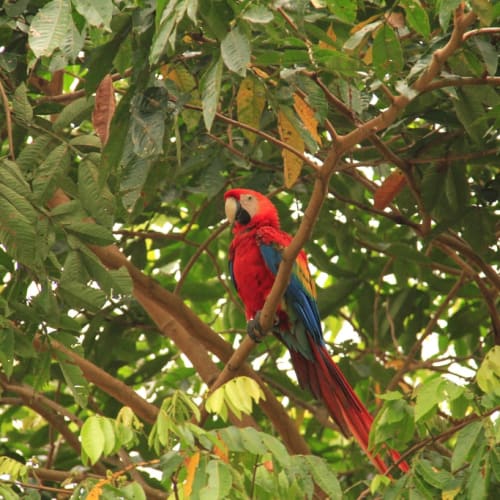
As members of the International Ecotourism Society, we are advocates for making tourism a viable tool for conservation, protection of bio-cultural diversity, and sustainable community development.
By embarking on a journey with Rainforest Cruises you will be supporting local indigenous communities and contributing to the preservation of the rainforests that they call home.
How To Travel Responsibly & Sustainably
Our Conservation Collaborators
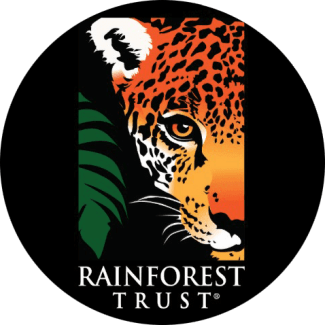
Rainforest Trust

Sustainable Travel International
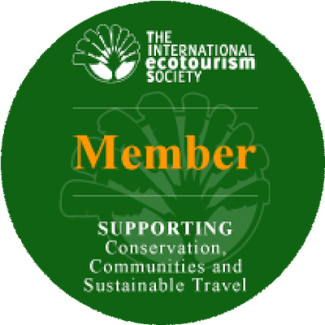
International Ecotourism Society
Local Community School Projects
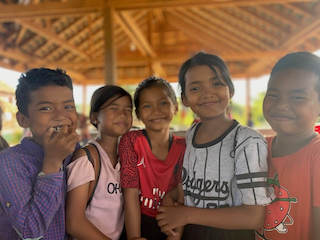
To help make a lasting impact to the local communities in the Peruvian Amazon and Cambodia, we support two school project initiatives.
We ask that any of our guests visiting either of these destinations to help make a difference by either bringing small but essential school supplies in their luggage, or by making an online donation which will be spent on the supplies most needed.
Details of our projects can be found below.
South America: Ribereños of the Peruvian Amazon
Through generous donations from passengers on our Amazon River cruises in Peru, we aim to better the education of, and provide much needed clothing to, the children who live in the remote riverside communities of Puerto Miguel, San Francisco and Amazonas in the Amazon Rainforest of northern Peru’s Loreto department.
Access to education is especially hard to come by in the region, and those schools that do exist have limited funding and support, often lacking the basic school essentials that we take for granted. Any supplies and materials that you can bring will directly contribute to increasing essential literacy and math levels of the local children, your donation a genuine gift of a brighter and more optimistic future.
The supplies needed for this project are as follows:
General School Supplies:
Abacuses, Colored Pencils, Coloring Books, Crayons, Erasers, Handheld Pencil Sharpeners, Pencils, and Solar Calculators
Flash Cards:
(English and Spanish) Alphabet, Math, and Words
Educational Games/Toys:
Checkers, Chess Sets, Connect Four, and Playing Cards
Sports/Outdoor Activity:
Soccer Balls, Volleyballs, and Volleyball Nets
Clothing/Shoes:
Flip-Flops, Sandals, and T-Shirts
Health/Personal Grooming:
Toothbrushes and Toothpaste
Southeast Asia: Kampong Tralach School, Cambodia
Prior to 2012, there were no opportunities for students in Kampong Tralach Krom to learn English outside of specialized state schools or expensive private lessons unmanageable for locals. Then with the support of cruise proceeds an English library program was created in the village primary school, to encourage learning the language.
The Green School became officially registered as an NGO in April of 2017. So touched by the work and progress being made, and having witnessed first-hand the smiling, happy children at the Green School, Rainforest Cruises encourage all travelers on our Mekong River cruise itineraries that visit the school to make an online donation to help fund the ongoing costs of the children’s education.
To learn more about the charity and to make a donation please visit https://ktgs-cambodia.org/.

